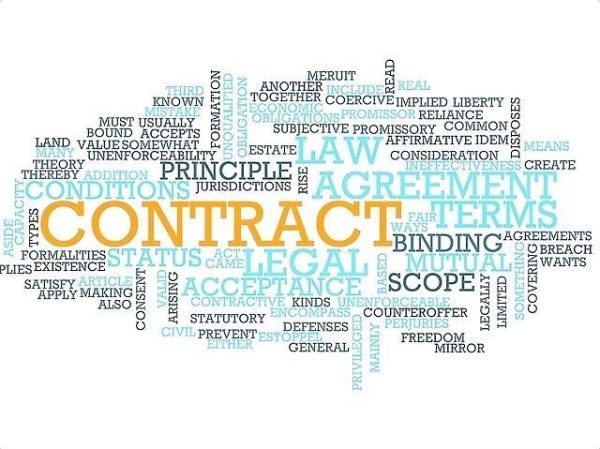
At GMH Legal we believe that client relationships matter more than time sheets which is why we offer a range of alternative fee arrangements to best suit your needs.
Our focus is on client service and establishing mutually rewarding relationships with our clients. We think that billing by the hour does not encourage the most efficient and effective delivery of legal services.
We strive to be innovative and eliminating the inherent inefficiencies of the billable hour means that we can focus on achieving the best possible result for our clients.
However, we do recognise that not all matters lend themselves to an alternative fee arrangement. That is why we offer a range of alternative fee arrangements, including straight time based billing if that is what works best for you.
We will work in collaboration with you to determine your specific legal requirements and then develop the most effective strategy and fee arrangement for your needs.
What we offer
GMH Legal can offer you the following fee arrangements, or a combination of these, as an alternative to time based billing. These options can be customised to suit your needs. No matter what fee arrangement you prefer, providing you with certainty by scoping and pricing our work upfront is our priority.
Fixed and value pricing
GMH Legal can charge you a fixed price for any matter. We will quote you a price and stick to it. If there is a change in the agreed scope of work, we will send you a variation detailing the new scope and the price for that change.
Value pricing is a fixed price that we agree up front with you that reflects your legal requirements and the service we provide. With value pricing you don’t pay for our time – you pay for the work we do and the value you receive.
This ensures you receive more value for your legal spend. Value pricing can also include fee incentives to achieve your goals and for results that exceed expectations. These incentives align our interests with yours, making your success our success.
Flexible retainers
With a retainer agreement, GMH Legal will charge you a fixed periodic fee for the provision of legal services. A retainer provides the budgetary control and certainty that hourly billing can’t.
We determine the periodic fee by calculating the average value of our services over the time taken to conduct the matter. A retainer means you know exactly what you will pay for the result you desire.
We will regularly review the terms of the retainer with you to ensure it remains fair to both parties.
Event-based pricing
GMH Legal can charge you a fixed price for each stage of a matter. We work with you to properly scope the matter, determine the stages involved and then agree a fixed fee with you for each stage.
Want to know more? Contact us to discuss how we can tailor a fee arrangement to best suit your needs.
George Hanna
Director Solicitor
Tel:
Email:



